IQRA
A quality educational program that provides a level of education that enables students under the age of 10 to attend fifth grade level schooling. Alternatively, it can provide those over 10 years old with basic Arabic and Mathematical skills.
Need for the program
From our practical experience and through statistics we conducted in four random needs assessment camps in May 2019, we found that the proportion of children dropping out of school (who did not attend school at all) with no literacy skills was very high, at seven out of ten children. Many of those surveyed in informal camps were nine-year-old children born into displacement and war, with no opportunity to enter schooling or any long-term educational services. The challenge of large dropouts among children between the ages of 6 and 13, and widespread illiteracy among different age groups has compounding problems. Student dropout rates continue to increase as there is no supportive environment to provide students a safe and quality educational base to continue schooling.
Target Group
Children between the ages of 6 and 10 who drop out of education
Children and youth between the ages of 10 and 13 who do not have the skills to read, write and calculate sufficiently
Program Objectives
Program Implementation Areas:
Camps and informal communities
Graduating students from the first cycle of basic education (from the first grade to the fourth grade) for children in the 6-10 age group, and equipping students with the skills and knowledge required to enter school at the fifth-grade level.
Enabling children between the age of 11 and 13 to read, write, and perform basic calculations (addressing illiteracy).
Monitoring and evaluating cases for children with special needs and working to integrate them into the teaching process.
Helping individuals recover psychologically and socially and enhancing their ability to return to normal after experiencing traumatic events.
Methods of Achieving Goals
1.
Organized instruction services within the first cycle from first grade to the fourth grade for one academic year for each class in which all subjects in the curriculum are provided.
2.
Reading and numeracy courses to provide basic skills in Arabic and mathematics at two levels.
3.
Providing psychosocial support activities in the form of activities or combining them with educational sessions.
4.
Introducing e-learning methods and providing self-education activities with follow-up by teachers.
5.
Organizing community awareness courses and activities.
A place to make a difference

Adresse:
c/o MACHWERK (in der Alten Münze)
Am Krögel 2
10179 Berlin
Bank Informationen:
GLS-Bank
Abjad Initiative für Bildung e.V.
IBAN: DE05 4306 0967 1286 3639 00
BIC: GENODEM1GLS
Information
Copyright 2022 by Abjad Initiative. All Rights Reserved.


